Keywords: Vatican Council
There are more than 24 results, only the first 24 are displayed here.
Become a subscriber for more search results.
-

AUSTRALIA
The 2025 election marked a pause in Australia’s political life. As old policy narratives falter, we have an opportunity to ask ourselves: what kind of society are we trying to build? Across faiths and traditions, the idea of the common good offers a path forward beyond division and drift.
READ MORE
-

ARTS AND CULTURE
- Andrew Hamilton
- 02 May 2025
In an era of reflex opinion and vanishing accountability, moral seriousness can seem an anachronism. Yet history teaches that ideas — and the people who defend them — shape lives and nations.
READ MORE 
-
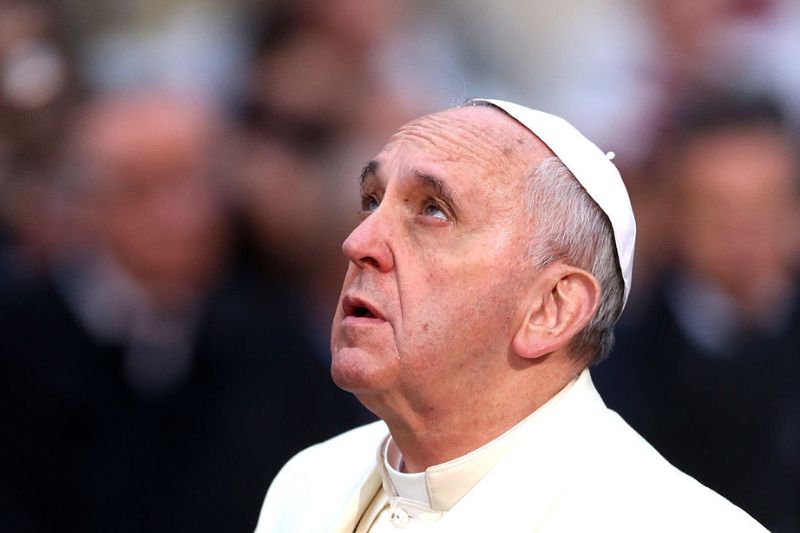
RELIGION
- Michael McVeigh
- 30 April 2025
Pope Francis’ pontificate was marked not by triumph but by a humble reckoning with failure. In a Church marked by scandal, division, and decline, he didn’t reverse the tide but pointed to another measure of faithfulness: mercy over mastery, presence over power, and the courage to fail, not downward, but upward.
READ MORE
-
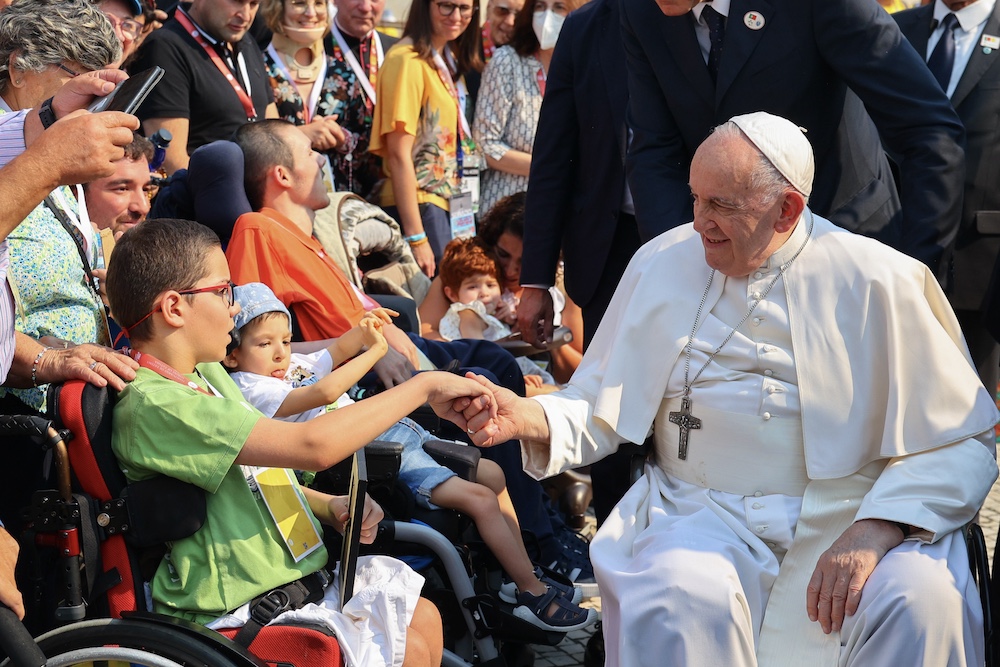
RELIGION
- Frank Brennan
- 23 April 2025
Francis was a pope prepared to blur the edges of doctrine, or at least its application, opening the doors of the Church to all those seeking love, mercy and forgiveness. He never doubted God’s capacity to love and forgive all who sought that love and forgiveness. He maintained the certainty, not of doctrine but of the simple piety of believers.
READ MORE
-
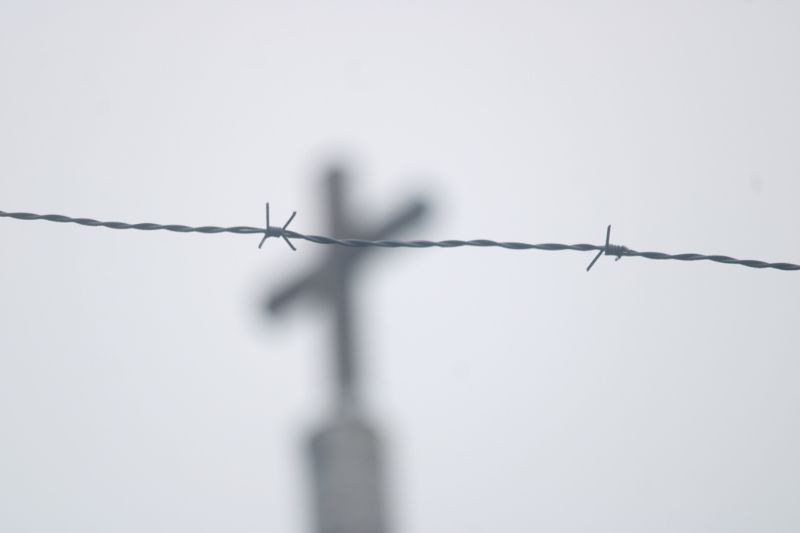
RELIGION
- Vincent Long Van Nguyen
- 01 April 2025
As war rages, the climate suffers and inequality grows, the ancient idea of Jubilee feels newly urgent. Can an economy built on profit give way to one rooted in justice? Can the Church trade power for presence? Renewal may begin where the poor, the displaced and the earth come together.
READ MORE
-

INTERNATIONAL
- Anonymous
- 20 February 2025
Myanmar’s military-led turmoil drives millions from their homes, bombs local communities, and keeps democracy icon Aung San Suu Kyi behind bars. Once a nation of proud heritage and abundant resources, it now teeters on social and economic collapse. Our deep dive examines an enduring crisis and the determination powering an urgent call for change.
READ MORE
-

RELIGION
- Emma Carolan
- 19 February 2025
Amidst a rise in antisemitism globally, some in the Jewish community have raised concerns about echoes of historic anti-Judaism resurfacing within the Church. While Catholic leaders condemn overt hate, has the Church fully confronted its entrenched biases, or do old prejudices still affect its response in ways that go unnoticed?
READ MORE
-
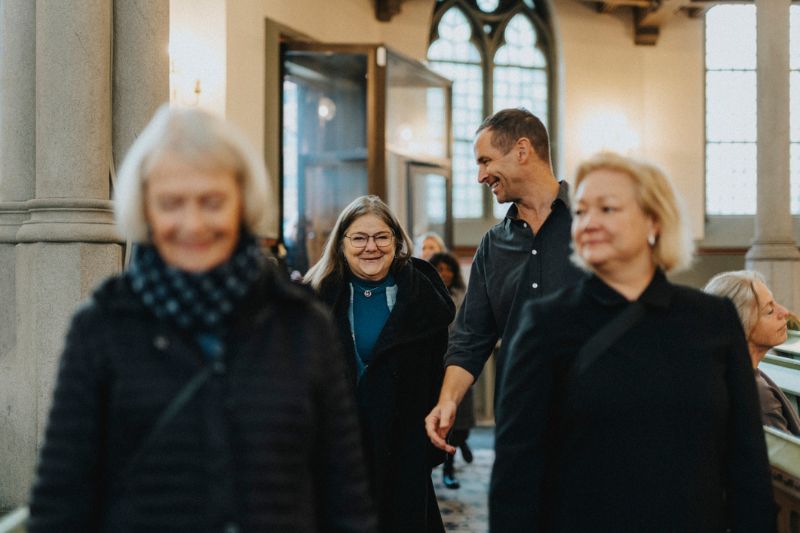
RELIGION
- John Warhurst
- 03 December 2024
2 Comments
The Synod of Bishops may mark a turning point for the Catholic Church, but the real work now begins — locally. From diocesan councils to parish communities, the challenge lies in translating synodality into action. In Australia, divergent episcopal views and a patchy history of reform raise critical questions about the Church’s future.
READ MORE
-
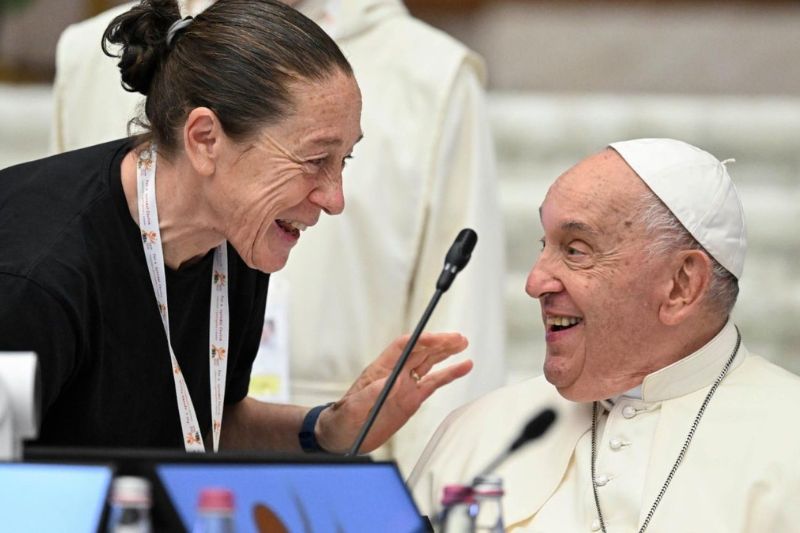
RELIGION
- Bruce Duncan
- 14 November 2024
14 Comments
The Synod is possibly the most important event in the Catholic Church since the Second Vatican Council. And despite its focus on internal Church reform and participation, can it effectively address broader social and moral issues in the world while still promoting a more inclusive and accountable Church?
READ MORE
-
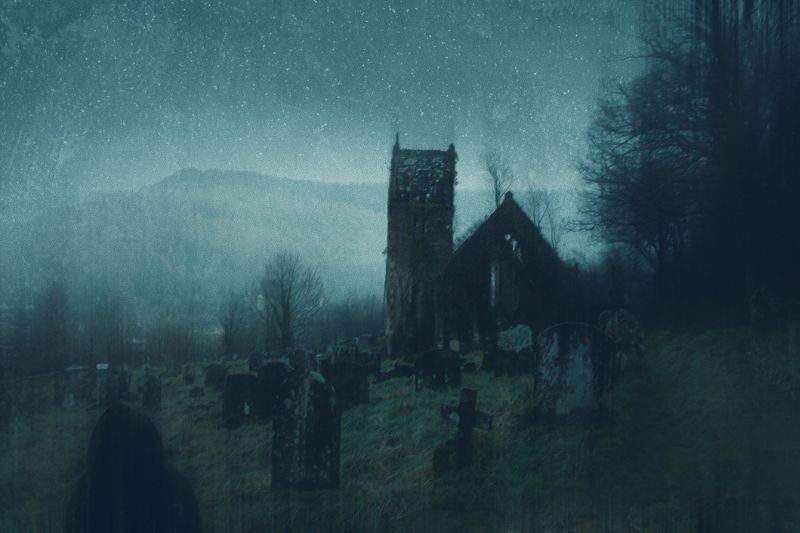
AUSTRALIA
- Danielle Terceiro
- 30 October 2024
6 Comments
As Halloween starts to become a staple in Australian neighbourhoods, for most people its ghosts mean little more than costumes and candy. But from haunted churches to eerie local legends, Halloween says something about us and the way we carry snatches of unresolved history.
READ MORE
-
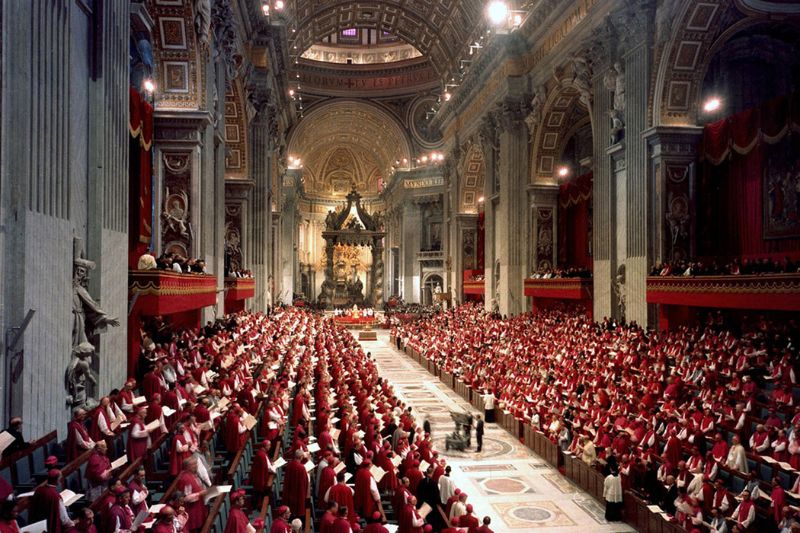
RELIGION
- Bill Uren
- 04 September 2024
6 Comments
The Synod on Synodality begins its second session in October. And while the synodal process may involve consultation, Pope Francis is keen to remind those hoping for reform that teaching authority remains with the Pope and bishops. As the Pope has insisted on a number of occasions, the Church is not a democracy, and the synod is not a parliament.
READ MORE
-

RELIGION
- John Warhurst
- 03 September 2024
8 Comments
Lay-led organizations, once marginalised, are now ascendant in the Church, challenging traditional hierarchies and redefining what church might look like in future. Ministerial Public Juridic Persons (MPJPs) have a growing influence, and for some, hold the potential for a more inclusive, lay-led Church.
READ MORE